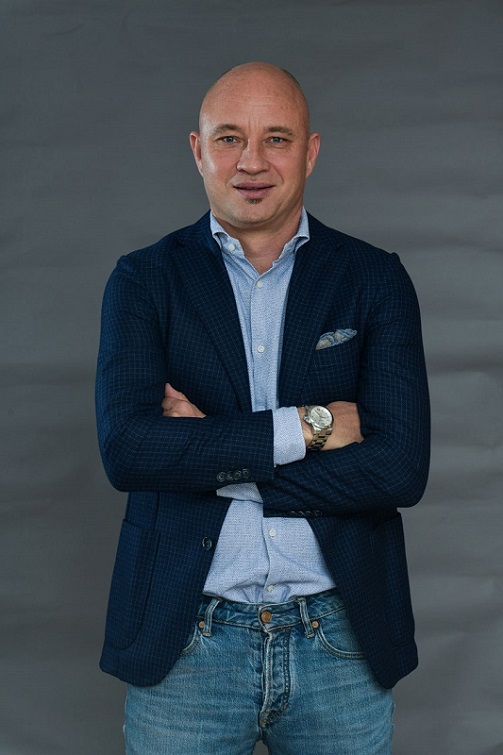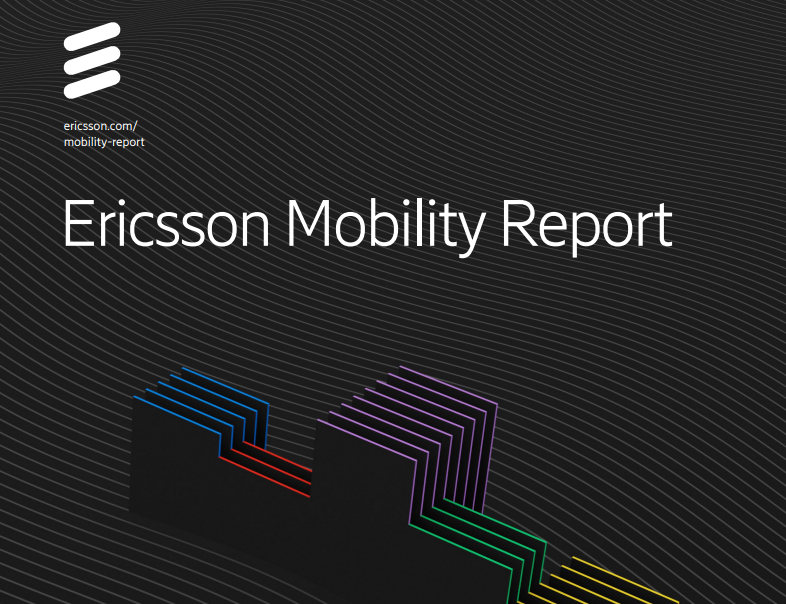We often hear the word Artificial Intelligence(AI), but also for many who are not very familiar with the technology they rarely understand it while it is important to understand its meaning and its importance in the economic and technological development in today’s world. Todd Ashton, Head of Ericsson South and East Africa is telling us more more about AI and below are excerpts of the Interview :
Q1. What is AI for Ericsson?
As a multinational networking and telecommunications company, Artificial Intelligence is a vital skill domain and technology for creating business value in terms of improved performance, higher efficiency, enhanced customer experience as well as creating new business models and use cases for 5G, IoT and enterprises across Africa.
With 5G now a commercial reality, the ability to effectively collect, analyze and autonomously act on real-time data will be an accelerator towards making the digital economy a reality and it will help us create new jobs focusing on more advanced skill sets.
From Ericsson’s perspective and our own implementation of the technology, AI adoption is essential to efficient network management and operations. AI and automation will help address the complexity of 5G networks, drive efficiencies and improve customer experience as well as open new revenue streams for communications service providers (CSPs).
Q2. Why AI is important in our lives?
From both an economic and consumer perspective, AI will revolutionize our lives. In business, across industries, AI is being used in all manner of ways to improve productivity, increase operational efficiencies, and deliver outstanding customer experience.
From a consumer perspective, media streaming platforms such as Spotify and Netflix demonstrate AI in action, as the algorithms analyse user behaviour, and that of people with similar behaviour, to recommend new TV shows, films, and music. But these examples solve simple use cases with simple AI algorithms.
What AI is doing in more complex industries, with more complex challenges is solving and providing use cases where much more economic value is at stake. For example, in the communications sector, connecting everyone, connecting everything, everywhere, at any time, on demand, is an enormously complex task, with equally complex infrastructure and technology. AI helps to solve the challenges along the way, but it doesn’t do so with one broad, general brush.
At Ericsson, we have been working with AI for more than a decade and take a different approach from many others. We develop AI to solve the right problems: the right problems for our customers, and not problems outside of those. We are embedding AI deeply throughout our portfolio and services specific to use cases that can scale to all our customers.
Q3. What projections for the five coming years that one can expect in the use of AI in Rwanda and East Africa?
Digital transformation and innovation are essential solutions to propel Africa towards the future. Connectivity will power Africa’s digital future and in achieving a positive impact on people’s lives. However, smarter, AI fuelled networks will accelerate Africa’s digital agenda, and drive the progress and prospects of 5G in Africa. We see AI as a way to address some of the logistical challenges faced in our business which have been made more obvious during the ongoing crisis related to COVID-19. Ultimately, AI and automation will inevitably create value across the lifecycle of network operations in East Africa.
The unprecedented events of 2020 have brought into focus the critical role that digital infrastructure plays in the functioning of almost every aspect of contemporary society. Africa is home to over a billion people and the population is expected to grow in the coming years. It is also a continent with the most growing economies. ICT is essential for Africa’s development and adequate ICT service deployment and digital connectivity will play a crucial role in achieving economic sustainability in the continent.
The government of Rwanda’s National Artificial Intelligence Policy is a significant step in its aims to harness AI, digital and emerging technologies to support the country’s development goals including sustainable and inclusive growth, become an ICT and Innovation Hub, and position Rwanda as a leader on the African and global stage. We will continue to partner closely with the nation to help develop valuable use cases for AI across the nation in its vision for a sustainable economy.
Q4: How Ericsson Company is contributing to the development of AI in Rwanda and in this region?
Rwanda’s Information Communications and Technology landscape has significantly evolved over the last few years. Ericsson’s role as a trusted advisor to Rwanda will see the deployment of services such as e-health, e-education, e-government, smart utilities and cybersecurity protection, all propelled by AI to fully leverage the infrastructure investment and empower people to reach their full potential. Our vision of a Networked Society in Africa is being actualized through this and we are happy to be able to support Rwanda on this exciting journey.
Our long-term partnership with Rwanda has previously involved focusing on building capacity and skills in the country that could be handed over to the government along with selected private sector players. Based on the leading role that Rwanda plays in the Smart Africa Alliance, this collaboration will establish a public private partnership model that can benefit other members of the alliance.
Q.5 In the time of the pandemic, Ericsson has been on the forefront in responding to the needs of people in terms of access to speed communication. What lesson one can get from the experience of the pandemic vis-a -vis speeding of information delivery?
If there’s one thing the pandemic has demonstrated, it’s the value of staying connected. We see connectivity as a basic human right. The collaboration with telecommunications service providers was key to developing the connectivity solutions we are relying on more than ever today, and it will be key for enabling future innovation to bring us even closer together. ICT standardization efforts are at the heart of creating network solutions that can keep our society running, even under pressure. Safeguarding and strengthening our key digital infrastructures – as well as enabling the continuous development of the underlying technology – will also be crucial as Africa emerges from the crisis – and has the potential to propel Africa into a steep and sustainable growth cycle.
6. How far is Ericsson in deploying 5G Infrastructures in Africa? Can you tell us about the same case in East African Region?
Ericsson is progressing with 5G infrastructure in Africa. Ericsson 5G is now commercially live with MTN in South African cities as of July 2020. Additionally, Telma Madagascar has switched on its 5G commercial network powered by Ericsson. The 5G network is now live in multiple cities in Madagascar.
We are committed to evolving network infrastructure in East Africa, and to that end Airtel Africa agreed to expand its strategic partnership with Ericsson to enable 4G coverage in Kenya. With Ericsson’s Radio Access Network (RAN) and packet core products for 4G, Airtel subscribers will experience enhanced quality of voice and data. Nearly all radio equipment we have been installing since mid-2016 is upgradeable to 5G, so when the business case makes sense and the regulators allow, we will be able to support our customers in launching 5G across the region.
The network modernization deal, signed in August 2020, is in line with the ‘Kenyan Digital Economy Blueprint Vision 2030’ which aims to provide robust connectivity in rural areas and facilitate e-commerce platforms.
We look forward to further agreements to enhance networks across East Africa.
7 Ericsson and Airtel have recently entered into partnership with Airtel Telecommunication. What fruits are you so far harvesting from the partnership and briefly let us know the components of the partnership?
The modernization deal with our long term partner Airtel will simplify and upgrade the existing network while futureproofing it for the anticipated and rapid expansion of mobile connectivity in the country.


